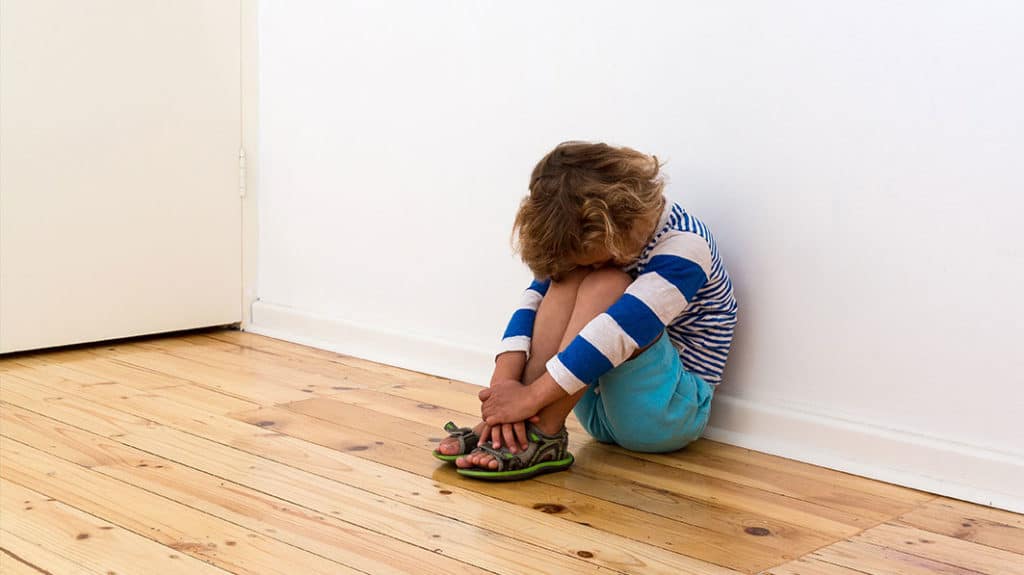Parenting is an opoprtunity to help shape, model and influence the character of your children.
Behavioral/Emotional
By understanding your children’s “love style,” you can help your kids develop healthy emotional connections with others.
Parents need to prepare for the age when their kids will wrestle with questions about identity and culture.
Sure, your family experiences times of joy together, but you also encounter behavioral outbursts that leave you clueless. If only you had a secret decoder ring to help decipher your adopted child’s behavior.
By remaining in community, those of us with kids who have special needs can inspire others.
You can help children who must build their identity on a fragmented foundation by initiating conversations about issues that may surface during the adolescent years.
How can you know whether a loved one might be suffering from mental illness?
Practical ways to navigate the changes in your marriage
I, like many other earnest people of faith, spent the first half of my church life trying to avoid displeasing my pastor instead of pleasing God.
This misunderstood emotion can provide us with life experiences that can help us change for the better.
This prideful man just doesn’t want to come clean and admit he made a mistake. So he plays word games.
False guilt has nothing to do with what’s true and accurate, nor is it related to true repentance. Rather, it is usually the fear of disapproval in disguise.
With awareness and planning, the adoption journey can be one that promotes growth, blessings, and healing for all involved.
Here are three ways parents encourage their kids to misbehave.
How to recognize the causes of teenage anger, and whether it’s just pushback and a desire for respect, or perhaps a more serious discipline issue.
The most successful adoptive families are those who know they need support and know how to draw upon every resource available.
Don’t be afraid to ask for help when needed, and don’t be frozen in your fears of what others will think or say.
Anger can be a normal, and necessary part of your child’s development. He’s trying to express needs, trying to control his environment, and trying to become independent. He’s also trying your nerves!
The emotional side of relationships don’t just happen. Here’s how to be intentional about building a closer connection with your family.
So you just put the ice cream in the vegetable keeper. Don’t panic; it’s probably just your brain downshifting to middle age.
























